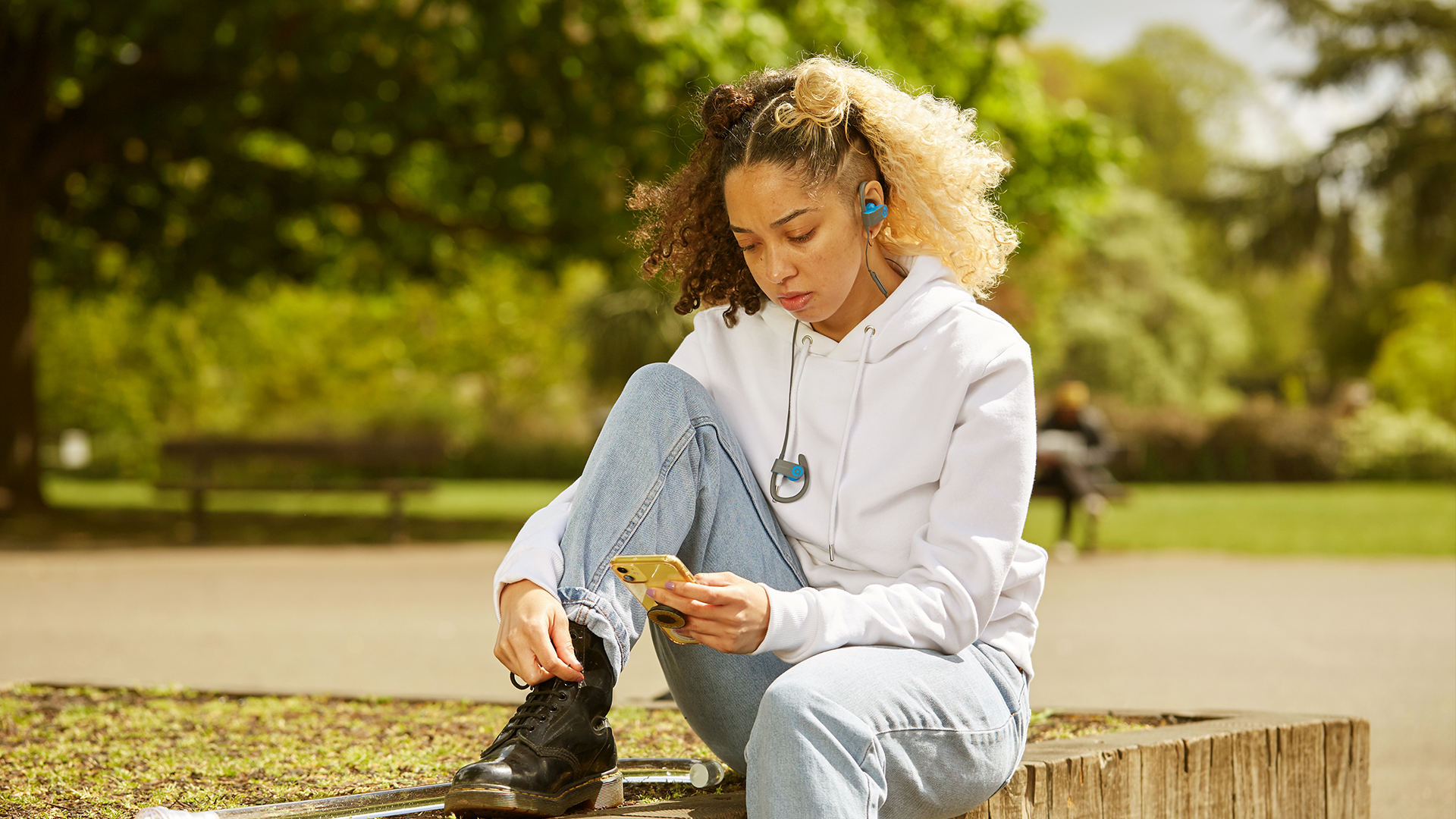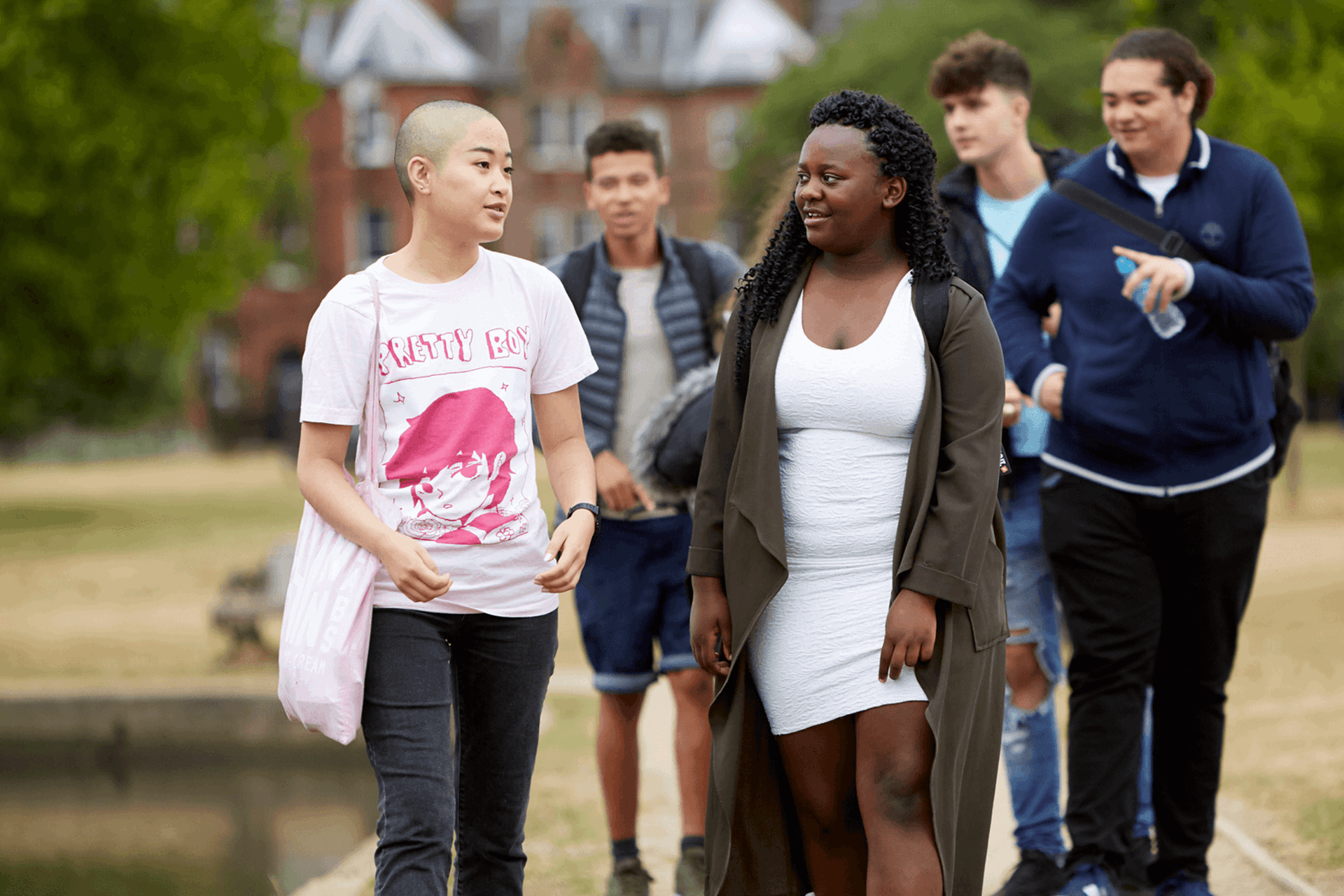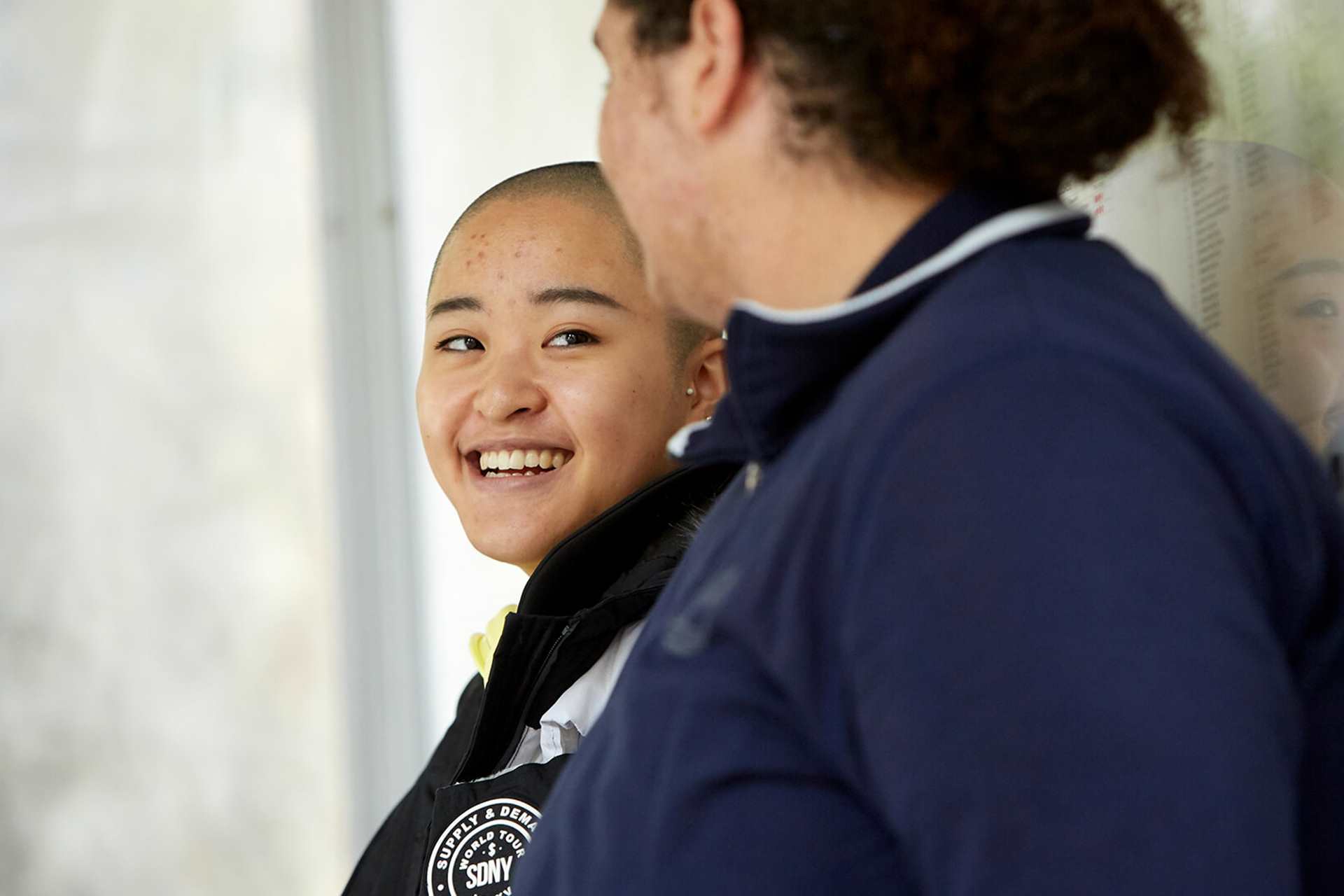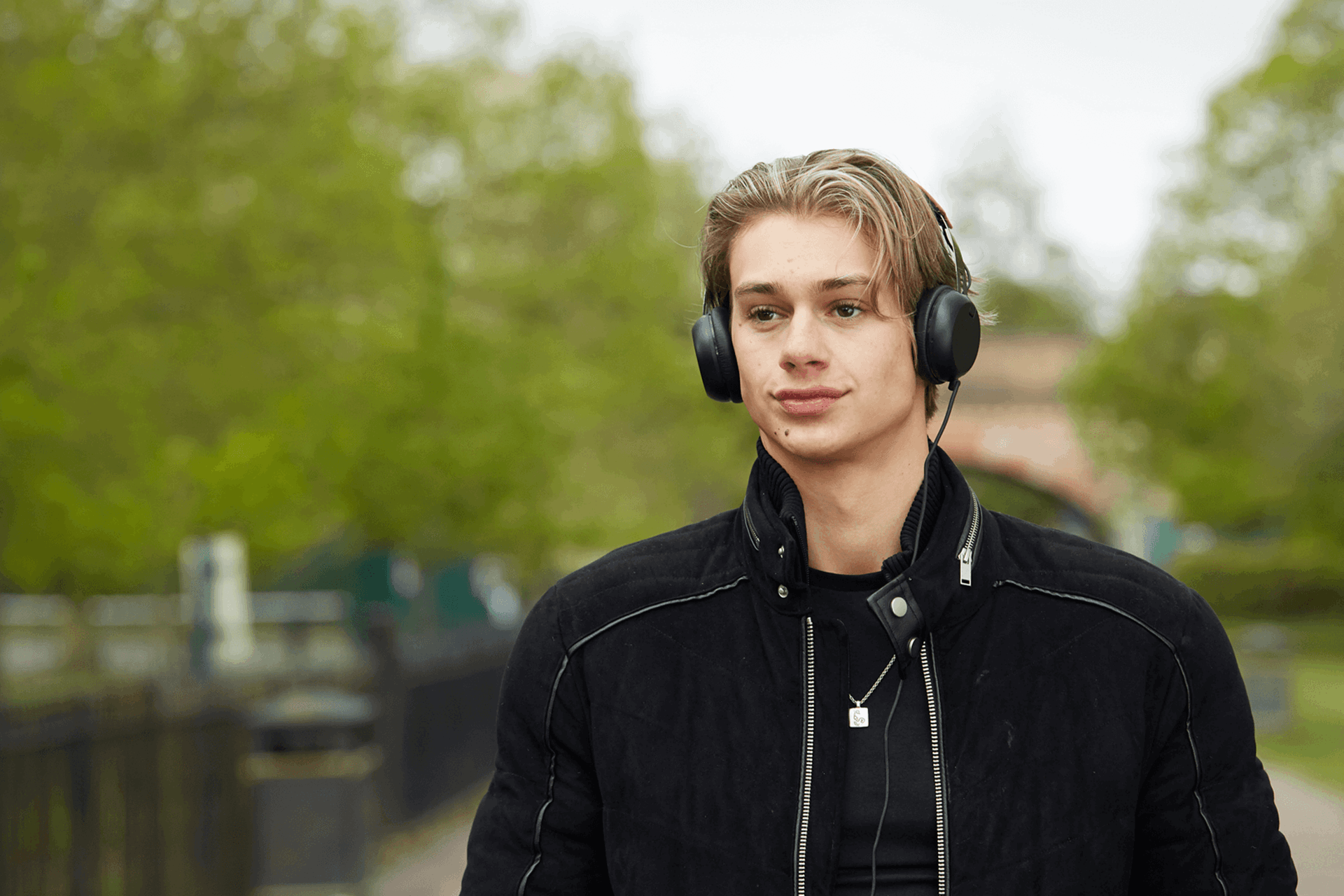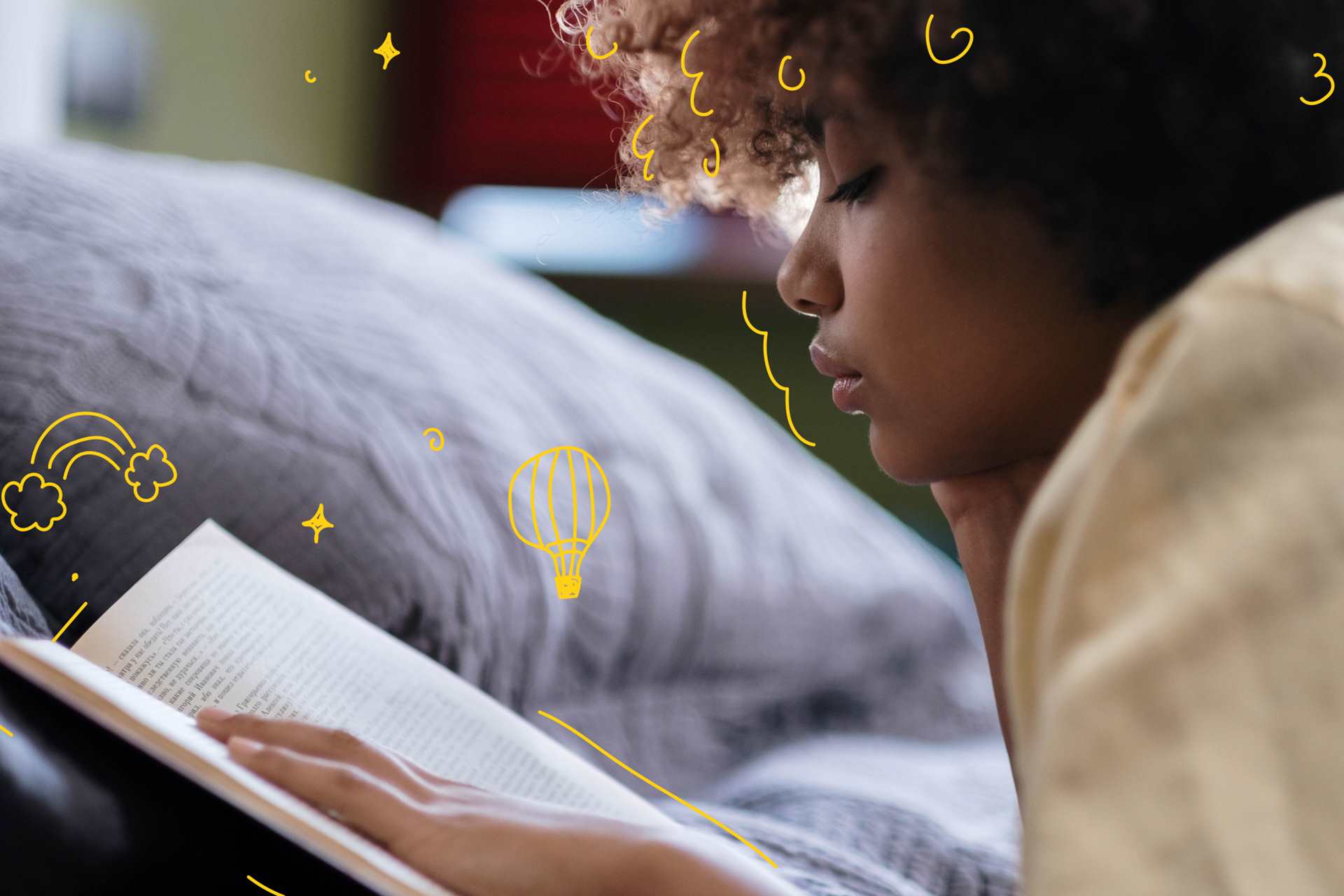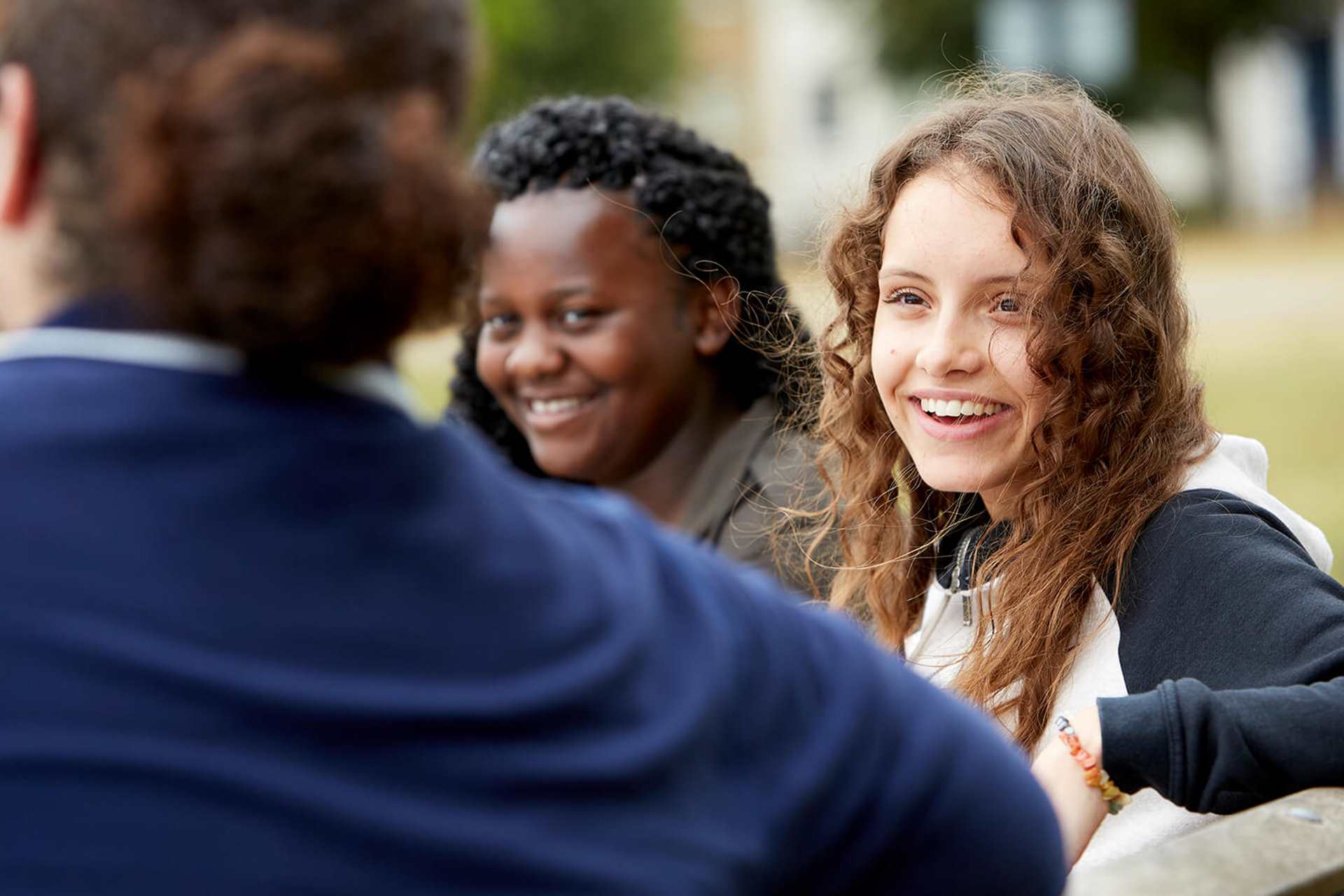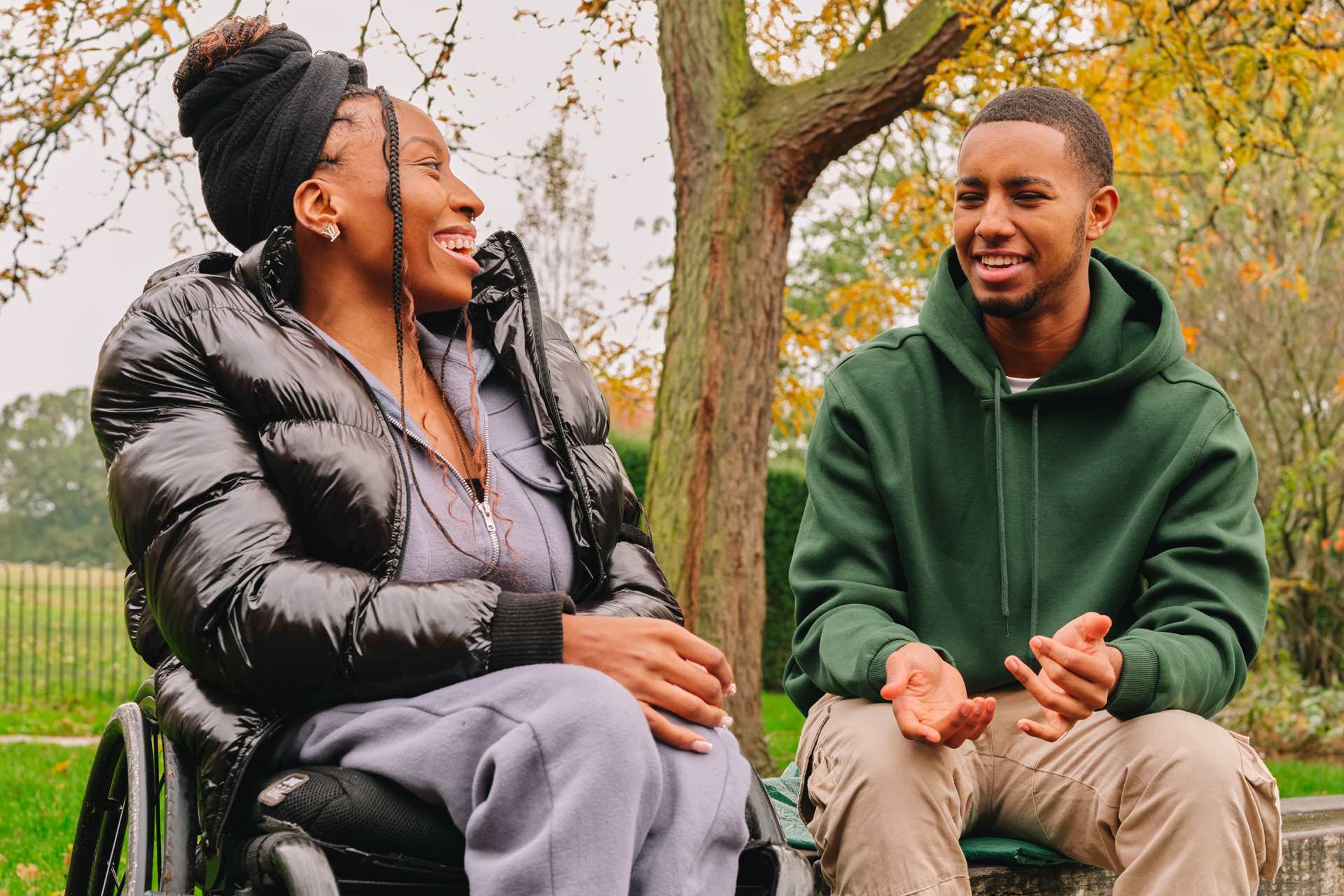Topics mentioned: self-care, identity and mental health, disability and mental health
About: Grace shares how creativity has helped her understand and care for her mental health, and explains how expressing herself through music, writing and dance gives her motivation, clarity and connection.
For as long as I can remember, I’ve always been creative and enjoyed music and writing. As a little girl I’d get through stacks of paper, spending hours writing poems and stories. But over the past two years since coming out of the pandemic, I’ve started taking creativity seriously as a way to care for and understand my mental health. As I’m sure many young people did, I found the pandemic an incredibly isolating time. I felt like I’d given up, stuck at a crossroads of not knowing who or where I wanted to be, and socialising only made my insecurities worse.
Over the past two years since coming out of the pandemic, I’ve started taking creativity seriously as a way to care for and understand my mental health.
Then in March 2022 I started listening to a young artist called Tate McRae, who I first heard on Kiss FM. Straight away I identified with the passion she has for creativity, and her determination to keep chasing it, despite the risks having such a clear focus might bring. But most importantly, just two weeks after taking inspiration from McRae’s music, something so small yet special happened. I was told, 'You look well!' by someone who had been with me on my mental health journey, which meant a lot. Others had seen the positive impact on all aspects of my health, and this signalled the end of the pandemic for me.
But more than that, listening to artists like McRae assured me that I don't need to change to fit in. The determination to be yourself, no matter what life throws at you, should be enough. It might feel strange at first, but it's great when you embrace it. Fast forward two years and I’m writing again, more confident about singing and being my true self around others, and dancing whenever I can. I surround myself with music as much as possible to keep myself well.
So I wanted to write this piece to share how I use creativity to care for and understand my mental health. I hope that you find hope in the same way I did two years ago.
My mental health is strongly linked to living with physical disabilities, and sometimes finding the energy to take care of them can be difficult. But my greatest incentive to do this, outside of my family and my job, is my creativity. I’ve listened to Kiss FM since I was little, and having a song I’d written played there for someone to find comfort in would be incredible. I am realistic. I know that due to my physical health, I might need to adapt my life and career to suit my needs. But the vision of the life I want is enough encouragement to take the medications and care I need to stay physically well. Whatever gets you out of bed in the morning, wear it like a badge of pride – never be ashamed to hold onto anything that pulls you through.
I’m 20 years old and just starting to make sense of who I really am, and how life might look moving forward. This is an uncomfortable journey, as I’m sure it is for everyone. I’m not ashamed to admit that in the past I’ve dealt with the discomfort by behaving in ways that go against everything I stand for. However, now that I understand why I behaved this way, I try to use creativity as my first safe method of expressing my deepest worries and concerns. That nine-year-old girl who once sat in her back garden and wrote a poem about starlings has grown into a young woman who writes about mental health and finding an identity in a world that gets more and more competitive. I struggle to express these things because I’m afraid that talking about them might reduce my chances of achieving the life I want for myself. I hope that one day someone reads something I’ve written and realises that they are not alone.
I’ll never forget when someone said creativity is like my 'bridge' between the real world and one adapted for my disabilities – and it’s so true. I use creativity to communicate and make sense of living in the mainstream world with disabilities. My needs don’t always fit the real world, but a fully accessible one would leave me feeling under-stimulated and lonely. Writing poetry helps me make sense of how confusing and frustrating this can be. I even worry about getting too dependent on creativity and having to give up, in case it doesn't fit the expectations of how I ‘should’ be living at my age. But I know creativity is my safest way to connect with the world around me, so if I need to create openly to get through the day, then that’s exactly what I’ll do.
I’m not ashamed to admit that in the past I’ve dealt with the discomfort by behaving in ways that go against everything I stand for. However, now that I understand why I behaved this way, I try to use creativity as my first safe method of expressing my deepest worries and concerns.
If you take one thing away, let it be this – anything is possible if you’re true to yourself. There’s no shame in doing whatever you need to keep pushing on, whatever age or stage you’re at. By 'creativity', for me I mean the arts, like writing, singing and dancing, but creativity can be anything. You might make jewellery or build with Lego. Creativity is whatever helps you express yourself, and however it looks, that’s perfectly okay.
More information and advice
We have tips and advice to help you find the support you need. Take a look at our guides.
Where to get help
However you're feeling, there are people who can help you if you are struggling. Here are some services that can support you.
-
Childline
If you’re under 19 you can confidentially call, chat online or email about any problem big or small.
Sign up for a free Childline locker (real name or email address not needed) to use their free 1-2-1 counsellor chat and email support service.
Can provide a BSL interpreter if you are deaf or hearing-impaired.
Hosts online message boards where you can share your experiences, have fun and get support from other young people in similar situations.
- Opening times:
- 24/7
-
CALM (Campaign Against Living Miserably)
Provides support to anyone aged 16+ who is feeling down and needs to talk or find information.
Free webchat service available.
Read information about the helpline and how it works.
- Opening times:
- 5pm - midnight, 365 days a year
-
Youth Access
Provides information about local counselling and advice services for young people aged 11-25.
Put in your location and what you need help with into their 'Find help' search, and see what services are available in your area.
